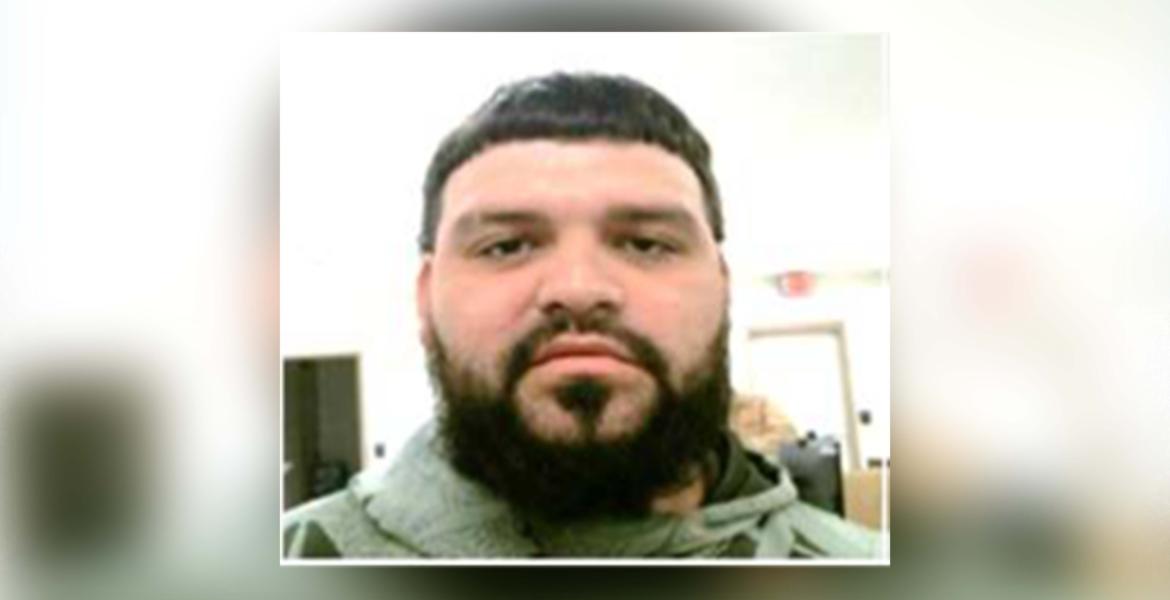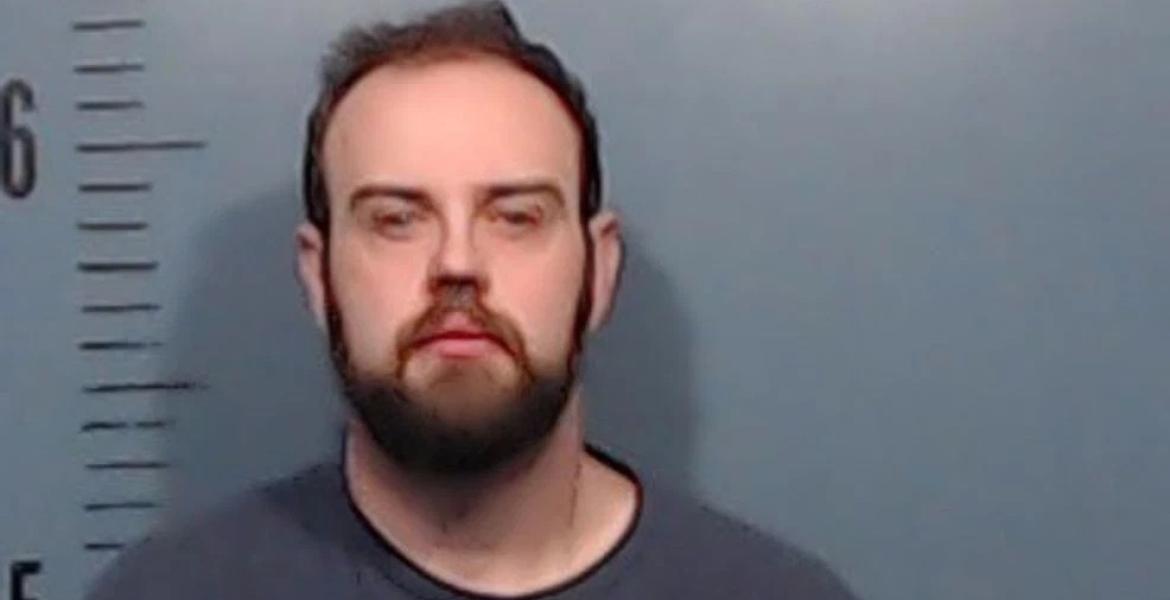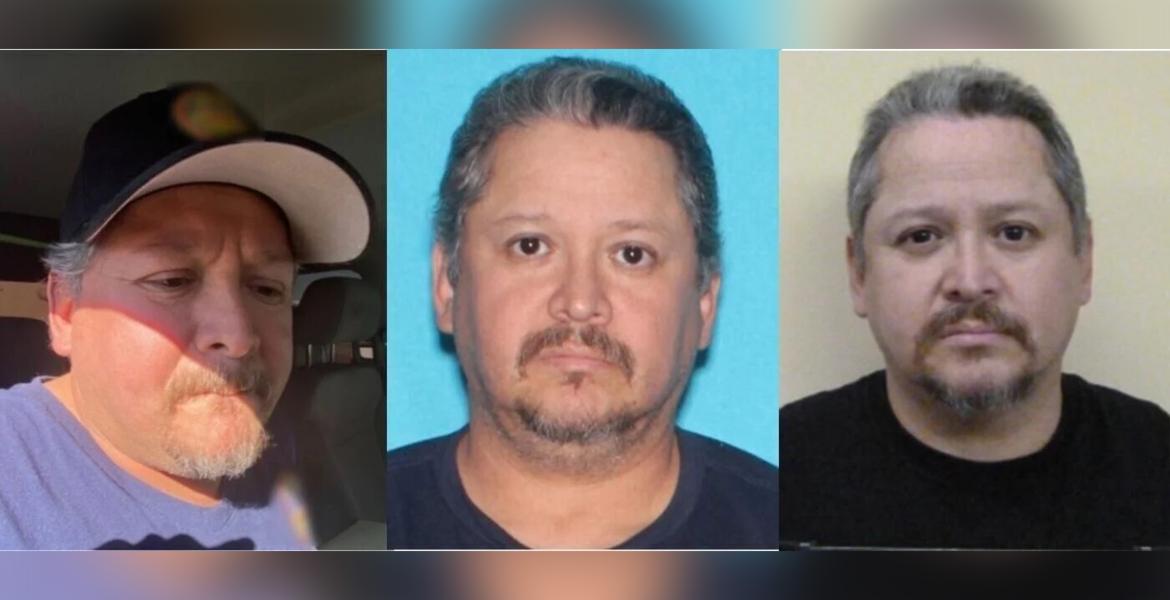“It was a combination of boot camp and college,” says the former Marine, SWAT Team Leader, and current Lieutenant of the San Angelo Police Department’s Community Services Division. Mike Hernandez has just completed 10 weeks of rigorous physical and educational training at the FBI’s National Academy (FBINA), an honor reserved for 1 percent of law enforcement officers worldwide.
For nine years Hernandez had been waiting on a call to tell him he’d been accepted to the prestigious leadership school, and that wait ended in January of 2013 when a representative from the FBI’s Dallas office called to ask if he was still interested.
“When the guy called me…I was like ‘Are you kidding me? I’ve been waiting for nine years, sir,’” Hernandez explains his initial reaction. Back then, Hernandez was still a sergeant and thought he’d reached the “top of his pyramid” the day that he’d promoted. A spot in the FBINA was still a distant dream, but with his rank and experience, he hoped he’d one day make it.
“Back in the day they used to accept sergeants. Six years on the list, they raise it to lieutenants and above,” he said, a bit bewildered, “so I promote, because this is what I want. I want to go to the FBI National Academy and get my yellow brick. And I got my yellow brick.”
The yellow brick stems from a Marines-style obstacle course at the FBI Academy at Quantico, Va. Hernandez estimates that roughly 25 percent of the training completed at the FBINA was physical, the remaining 75 percent educational, course-based work.
Hernandez was a part of the 256th session, comprised of 250 command staff officers ranking from lieutenants up to chiefs and sheriff’s and stemming from 23 international countries, as well as the United States. The completed course is worth 17 hours of college credit recognized by the University of Virginia, and some of the top instructors in the world teach classes on a variety of topics related to different areas of law enforcement.
For his part, Hernandez selected courses that are relevant to his current position as primary Public Information Officer for the San Angelo Police Department and as a member of the PD’s command staff. The program was comprised of five courses, including Leadership for Law Enforcement, Public Speaking, Labor Law Issues for Law Enforcement Administrators, Contemporary Issues in Police and Media Relations and Spiritual Leadership in Law Enforcement.
Of all the courses, Hernandez said the spiritual leadership class was the one he enjoyed most, because it mirrored his philosophy on the need to focus on helping officers cope with difficult situations rather than let them get burned out or hardened by the job and lose sight of why they signed up in the first place.
Over the span of his 24-year career, Hernandez has been a member of special ops, narcotics, the gang unit and a leader of the SWAT Team. Since promoting to lieutenant and moving into the Community Services Division, he’s gotten to see a different side of policing, he said.
“I’m working with the other 95 percent of what I said I was going to do when I started,” he said. “It is totally different on this side. Instead of going through doors, finding, hooking up and taking to jail the criminal element, it’s different. If I can teach that to these officers, ‘remember, we signed on for this, the 95 percent are not like the other 5 percent. Let’s do our jobs and be diligent in serving those we said we would.
“Sometimes officers forget that,” he continued. “When we get complaints, ‘I’m not a criminal, this officer was treating me this way!’ Ok, this guy, for the last three weeks straight, every night, has gotten into foot chase, has had to fight somebody, has had to spray somebody, has had to take somebody to jail that was spiting at them, cussing at them, and they lost focus, and they forgot that [95 percent are not criminals].”
The course, he said, emphasized that command staff need to be there to support their officers and to help them deal with the at times extremely difficult situations they are confronted with, to not lose sight of the promise to protect and serve the majority, and that the people with which they have regular contact do not represent the whole.
“Officers love, like a Blue Santa,” Hernandez said, naming one of many outreach programs the PD puts on to get involved with the community and children. “When they know for sure what they’re doing, what they’re going to be there for, they melt like butter in those kids’ hands. If they could recognize when they’re doing this over here,” he says, motioning to the left to represent the interactions officers have with the 5 percent of “bad apples”, “then they, I think, would be so much better at it.”
Hernandez says that an integral part of being a police officer is knowing when to turn it off and to focus on the family and one’s non-police life. Once an officer is sworn in, he says, he is always an officer, even when not in uniform. As such, an officer may define family by overtime; putting in the extra hours to ensure the safety of those he loves and those he’s promised to protect. Those closest to an officer, however, define family with time; spending time together and enjoying the moments of life that do not revolve around fighting crime.
“If officers can recognize—shut it off when you’re not at work, don’t do this job for 24 hours a day, seven days a week. We need to be able to turn this off, we need to be able to recognize and not turn a deaf ear to an officer needing us to step up for them and recognize what they’re going though to get them through it, so that that officer that first started and is hot and heavy into it his first five years of his career, you know, thankfully, like me, still loving his job 24 years into it,” he said.
That lesson, he said, was one of the philosophies shared in the spiritual leadership class that he hopes to impress upon the rest of the department.
In order to be accepted to the FBINA, applicants are required to submit a substantial amount of paperwork and pass a physical examination. “They’re looking at what you’ve done in your career, there is a rather thorough physical—height weight, blood pressure—and you have to be prepared when you get there to prove that you’re going to be able to handle the physical part of it, as well as the educational,” he said.
While he was at the academy, Hernandez injured his knee and will have to meet with a doctor in order to assess the problem. The injury came three weeks in, but Hernandez continued on with the training, a trait he says was not all too uncommon for those present.
“This school is so prestigious,” he said. “There were guys that I met that had recently lost their wives, had recently lost a son, had been diagnosed with cancer, and said, ‘I’ll take care of it when I get home.’ That’s how badly they wanted to be at this school.
“That’s amazing,” he continued. “Like, why? Why would you make all those sacrifices? Why would I continue with my knee? Because it truly is as prestigious as they make it. We strive to be better at our profession and if we can teach that to these younger officers, why we do this and to not lose focus of [the reason that] we first started.”
Hernandez is now the fourth member of the SAPD’s command staff to have been accepted into and completed the training. “I think that says a lot about our department,” he said. Other graduates include all three Assistant Chiefs: Kevin Hollway, Jeff Fant, and Robert Martinez.
Since completing the course and returning to San Angelo, Hernandez has made some changes in his career. Going back to a compromise he made with his wife back in ’93, he resigned as the SWAT Team leader earlier this week.
“This school had a lot to do with my decision,” he said. “I had always told my wife that when it came time that I was needing to be cut, fix body parts, that I would stop sacrificing my body and I would stop. I hurt my knee while I was over there, three weeks into it. I came home and said, ‘You know what, Chief, I’ve done my 20 [years]. I don’t have anything to prove. I need to give this job everything I have, and if I’m going to do it right, I don’t need anything else on my plate.’ This school was really just perfect timing for me in my career.”
Hernandez says he intends to pass on all he’s learned to the rest of the department. “I’ve done some things I think I can pass on…If I can’t teach and pass that on to these younger officers to help them in their careers, then what am I doing here? It was just a great experience, a once-in-a-lifetime opportunity, and I am so glad that I was afforded that opportunity.”
Recalling what inspired him to sign up for the academy initially, he said, “I knew it was a school in reference to leadership and I’ve always wanted to better myself, and I’ve always wanted the police department to be better at it. I just knew that it would add to my credentials, if you will, for my career. I’ve always said that the day you stop learning is the day you should check out. It brought confirmation to me that we’re not only doing it right, but we can always be doing it better.”
Subscribe to the LIVE! Daily
Required






Comments
Listed By: CC CH-53
- Log in or register to post comments
PermalinkPost a comment to this article here: